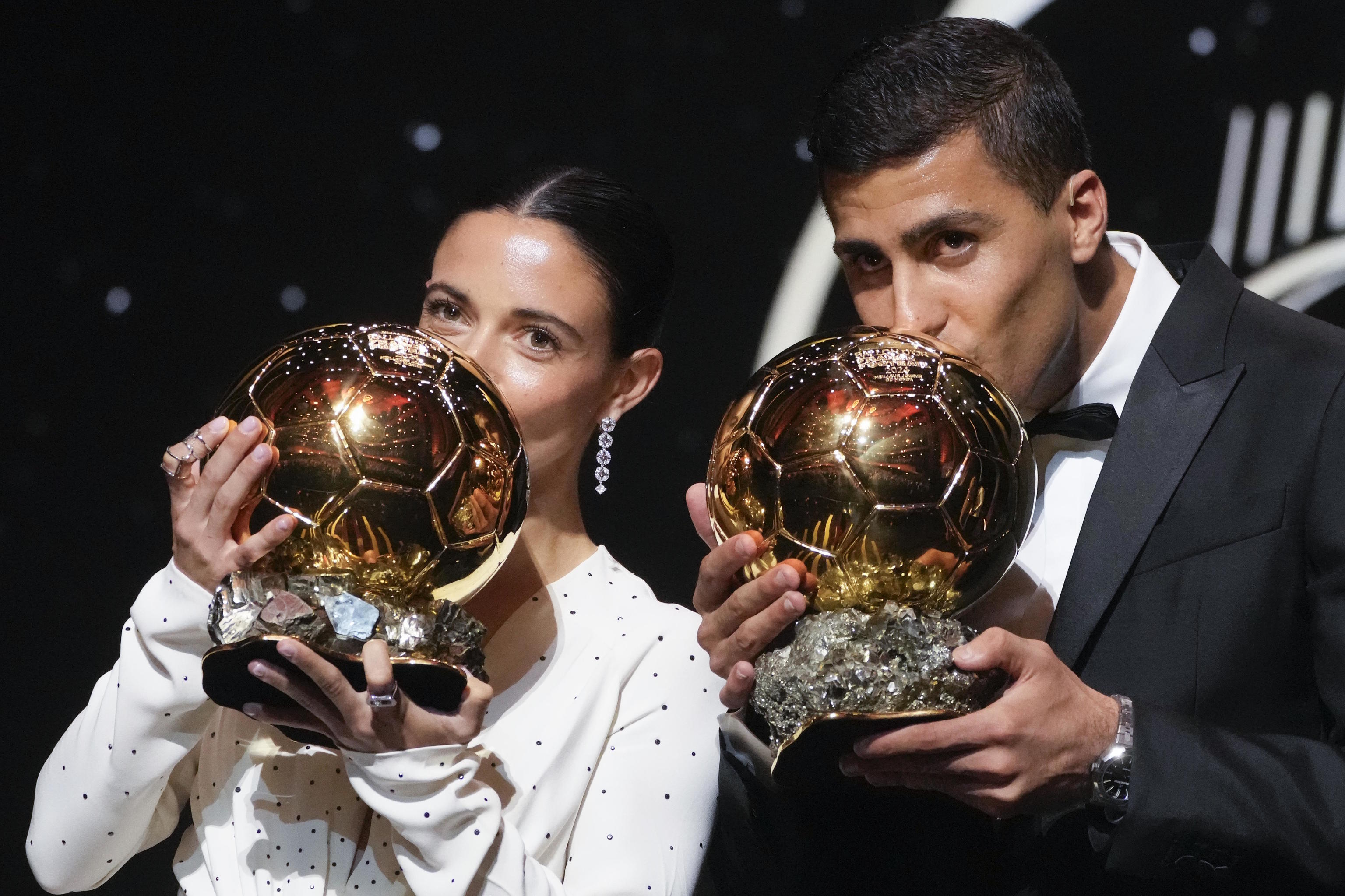Perhaps no argument carries as much weight in assessing a powerhouse as the performance of its national teams. In the men's category, Spain is the reigning champion of four tournaments: the Euro Cup (2024), the Olympic Games (2024), the UEFA Nations League (2023), and the U19 European Championship (2024). Additionally, there is one more title in the women's category, where Spain holds the World Cup (2023), the Nations League (2024), the U17 World Cup (2022), the U19 European Championship (2024), and the U17 European Championship (2024). This track record, combining success at senior and youth levels, boosts optimism for the upcoming World Cups in the USA (2026) and Brazil (2027).
Spanish grassroots football and the implementation of a common idea have been serving as a global example for years. Since the end of the last century, public institutions and the Spanish Football Federation (RFEF) embarked on a triple change: in structures (with seven-a-side football fields with artificial turf and indoor futsal courts), in coaches (licensed from the grassroots level), and in paradigm (with the ball as the protagonist). Today, the fruits are simply being harvested at all levels. The fact that the current moment of glory coincides with the Federation's worst explains, better than anything, the strength and resilience of our football.
The level of LaLiga teams is demonstrated through their performance in continental tournaments, where they have shown a devastating streak. Since the setbacks of Valencia and Alavés in the 2001 Champions League and UEFA Cup against Bayern and Liverpool, there have been 19 finals without defeat against European opponents. From Real Madrid's 2-1 victory over Leverkusen at Hampden Park (2002) to the most recent 3-1 win against Dortmund at Wembley. In between, the senior national team's triumphs in three Euros (2008, 2012, 2024) and a World Cup (2010).
For the first time since 2018, the year the women's Ballon d'Or was created, a country has swept the two top individual awards. Rodri and Aitana shared the glory in Paris. However, the differentiating factor in our country over the past decade has been marked by them. Not only through the collective achievements of the national team or Barcelona, with three Champions League titles since 2021, but also with their massive representation in the Ballon d'Or. Alexia Putellas won in 2021 and 2022, has now passed her throne to Aitana, the best player in 2023 and 2024. Additionally, honorable mentions for Salma Paralluelo (third in 2023) and Jennifer Hermoso (second in 2021 and Socrates Award 2024 in recognition of her commitment to building a fairer and more inclusive society).
The supremacy of Real Madrid and Barcelona, the two Spanish giants, was showcased yesterday at the Théâtre du Châtelet. Despite the decision not to travel in protest of Vinicius' loss to Rodri, the white team was proclaimed the best of the year, with Carlo Ancelotti as the best coach, with Jude Bellingham third in the Ballon d'Or, and with Kylian Mbappé sixth and awarded the Gerd Müller Prize for the top scorer of the season (52 goals). Barcelona, the best women's club, could also add Dani Olmo, thirteenth, Pau Cubarsí, fifth in the Kopa Trophy, along with Giráldez, Lucy Bronze, and Ewa Pajor in the women's category. While Florentino Pérez has solidified Madrid as the highest-earning club in Europe, according to the latest Deloitte data, Joan Laporta is still fighting to revive a club in a critical situation, but one that now seems ready to compete for all titles.
